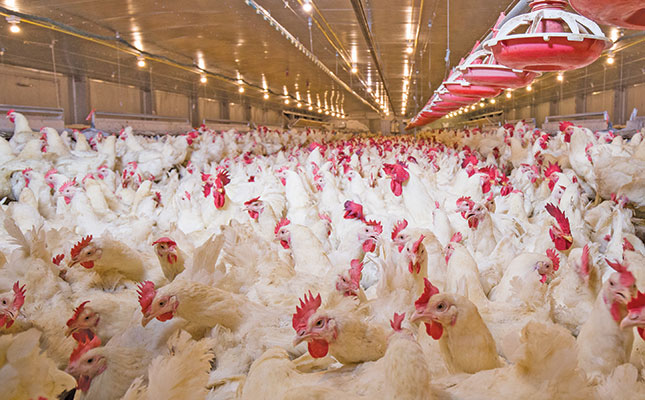Antibiotic resistance has resulted in the majority of producers in some countries launching programmes to reduce and, where possible, eliminate the use of antibiotics.
READ Diseases in the fish farming sector
The trend is similar in South Africa, although not to the same extent as in the US and some European countries, according to Dr Ziyanda Majokweni, director of the Poultry Disease Management Agency.
However, Majokweni says reducing the use of antibiotics could lead to a higher incidence
of diseases such as coccidiosis and necrotic enteritis that were previously kept in check through the use of antimicrobials or other products, and this, in turn, may lead to animal welfare problems if not managed properly.
Farmers, for this reason, should employ the services of a veterinarian to ensure a smooth transition to a regime where antibiotics are reserved only as a last resort when there is a serious threat to the flock.
READ Some bacterial and parasitical pig diseases to look out for
When antibiotics are used under such circumstances, however, products from such flocks cannot be marketed as antibiotic-free.
Majokweni says the programme should be well thought out, taking into consideration the unique circumstances of the farm, as well as the disease burden.
‘It needs to be implemented in a gradual fashion to ease problem-solving when challenges arise, and be accompanied by strict biosecurity measures to prevent the introduction of diseases,” she says.
The use of probiotics, vaccines and essential oils to improve gut health and performance, in combination with good animal welfare practices and modifications to the production environment, will all help to bridge the gap left by the use of antibiotics.



